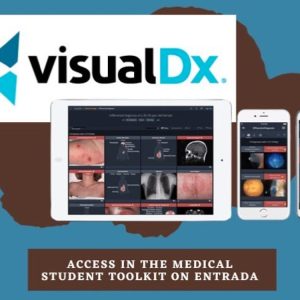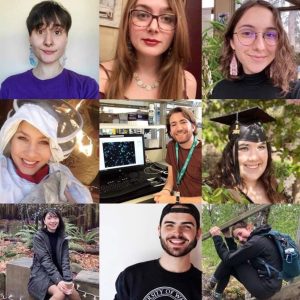[acc-trig title=”Which specialty did you match into? And where?”]
[acc-begin]
[acc-end]
[acc-trig title=”At what point in medical school did you know what specialty you wanted to match into?”]
[acc-begin]
[acc-end]
[acc-trig title=”Do you feel that your choice of electives had any impact on your CaRMS match?”]
[acc-begin]
[acc-end]
[acc-trig title=”What did you do with your Med 1 and Med 2 summers?”]
[acc-begin]
[acc-end]
[acc-trig title=”What was the most valuable lesson or experience you had while going through the match process?”]
[acc-begin]
[acc-end]
[acc-trig title=”If you could go back and change anything during pre-clerkship or clerkship, what would you change?”]
[acc-begin]
[acc-end]
[acc-trig title=”What did you do in your four years of medical school that you found to be the most helpful during the CaRMS process?”]
[acc-begin]
[acc-end]
[acc-trig title=”Do you have any final words of wisdom or advice?”]
[acc-begin]
[acc-end]
Interview provided by Thomas Hedley – umhedley@myumanitoba.ca



